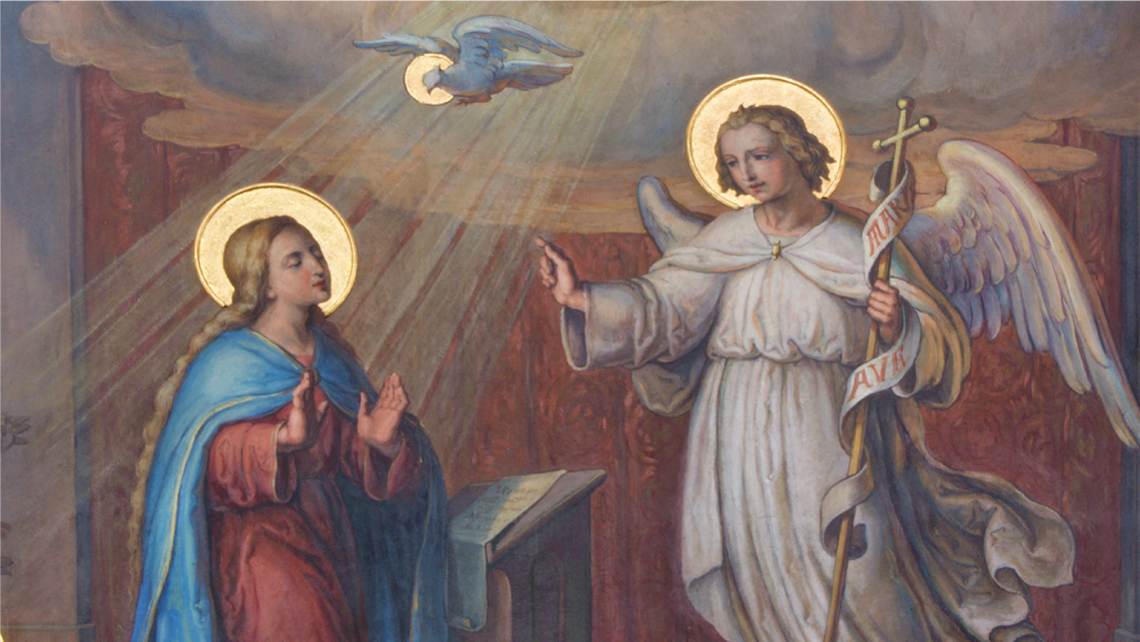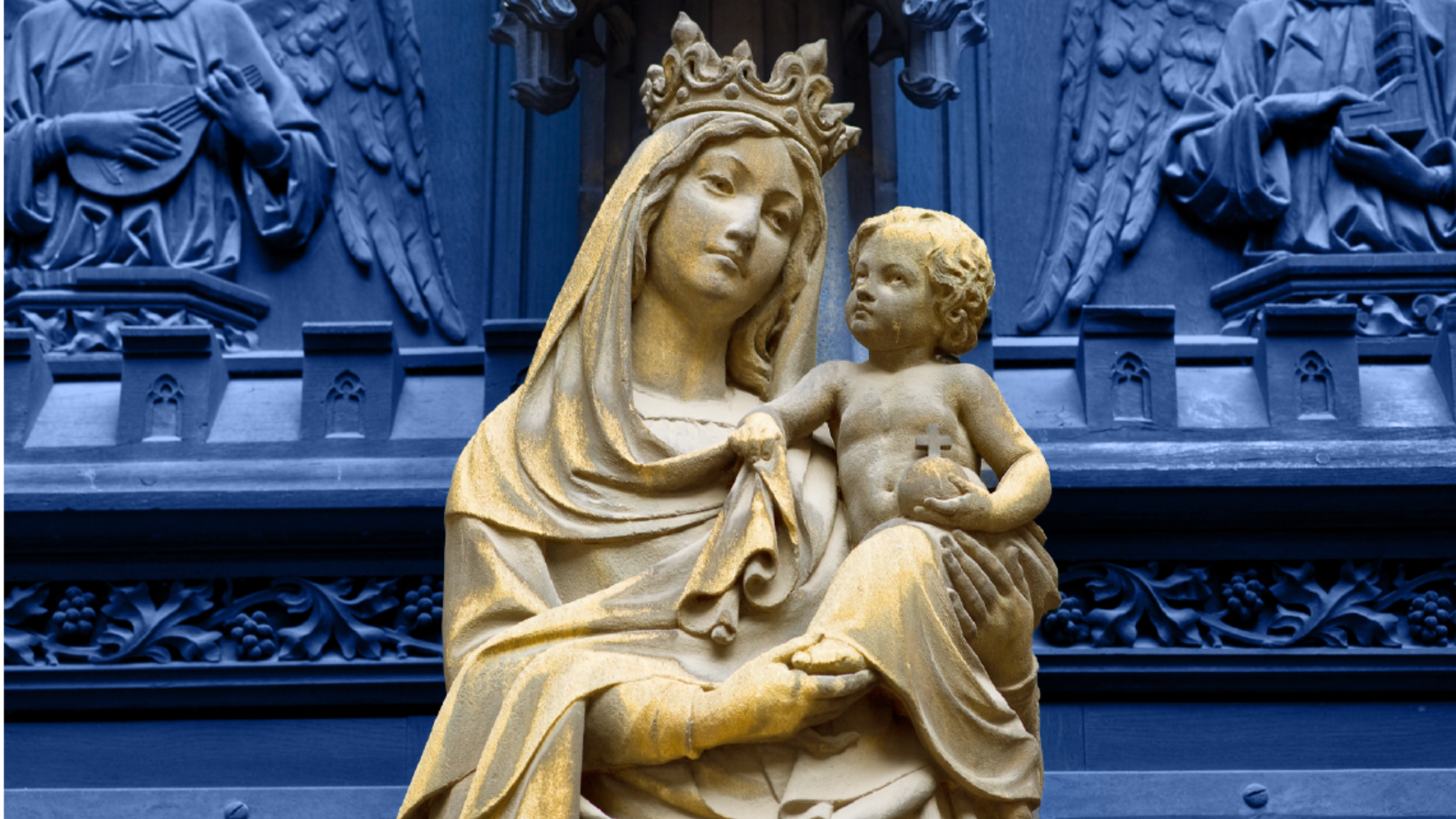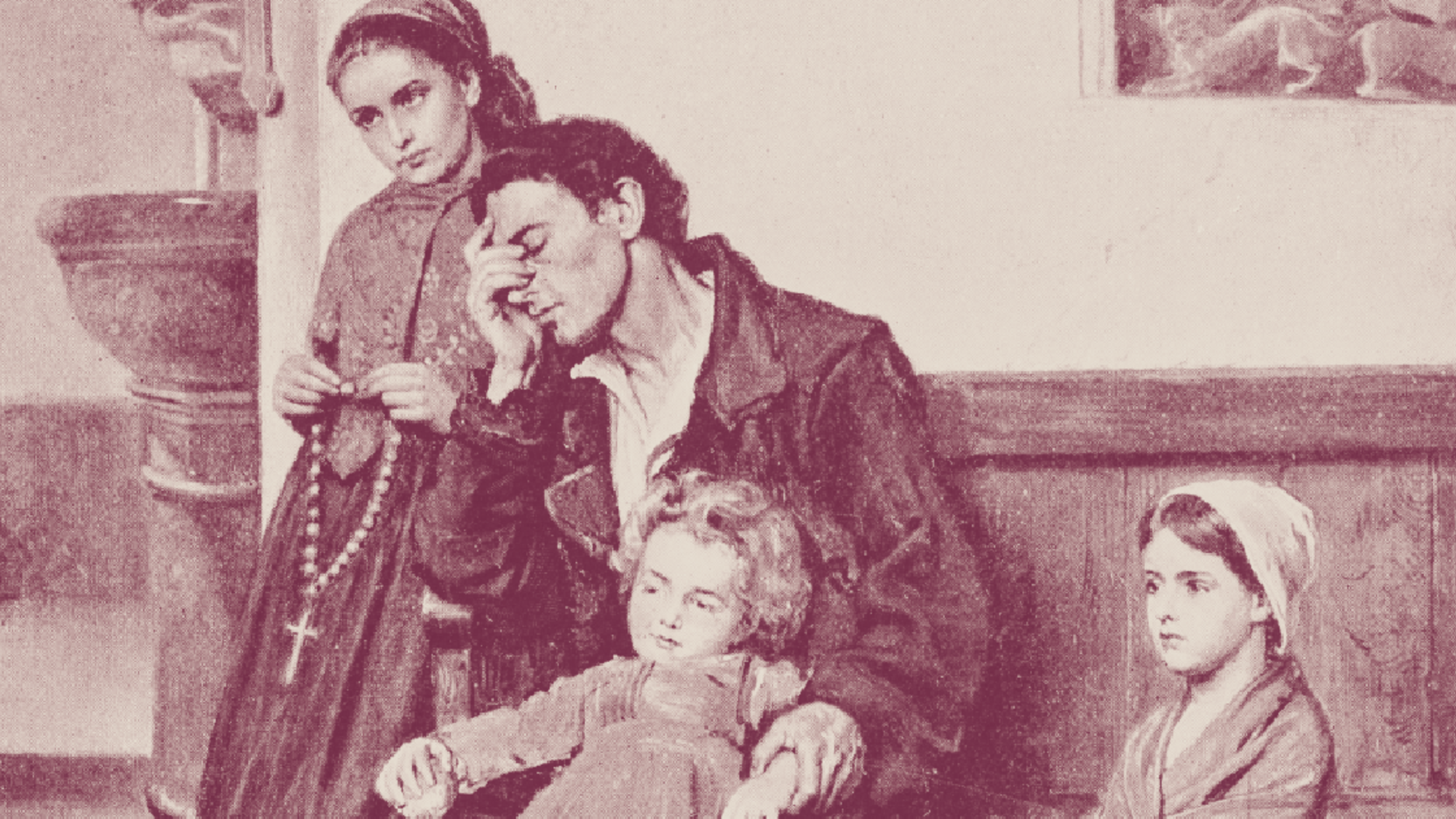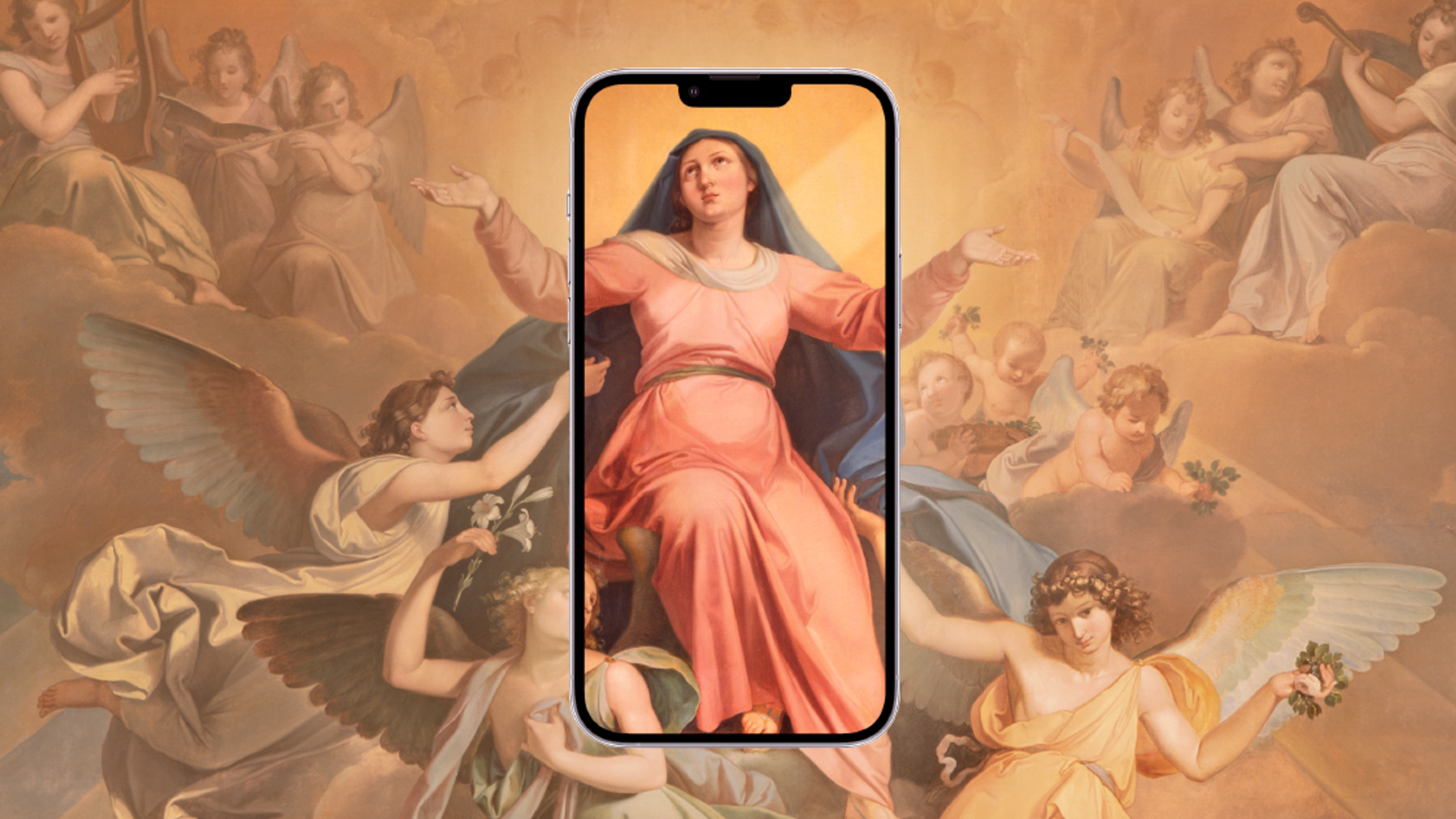
The Annunciation
Did you know that the Annunciation is one of the most important feasts of the liturgical year?
Here’s a fun fact: Until the year 1582, when Pope Gregory XIII reformed the calendar and placed New Year’s Day back to January 1st, March 25th (the Feast of the Annunciation!) was the Christian New Year’s Day.
For centuries, it was believed that one died on the same day as his or her conception, according to Fr. John Fields of the Ukrainian Catholic Archeparchy of Philadelphia. Since March 25th was the calculated date of Jesus’ crucifixion, then March 25th was also assumed to be the date of His conception. That is the date, then, of the Annunciation and the Incarnation. It is therefore understandable that the British Empire was not so fast to accept the new Gregorian calendar, and held onto their March 25th New Year’s Day until 1752. They understood that Mary’s fiat and Jesus’ Incarnation were really something worth celebrating to mark the beginning of each new year!
So, why is the Annunciation so important?
As Catholics (and followers of science) who believe that life begins at the moment of conception, we understand that Mary’s “yes” to the Angel Gabriel is the moment when Jesus takes on flesh — when He becomes perfect human and perfect divinity, all at once. This is the moment when God is among us. So, if you think about it, that moment is a pretty big deal.
Let’s take a look at the passage from Luke’s Gospel.
In this passage, God reveals to Mary her vocation, her mission, and her unique role in our salvation.
She is to be the mother of the Messiah, and her conception of the Messiah will be the result of a true miracle.
Of all the women in human history, this very special woman is the Lord’s choice.
By the time the Angel Gabriel pays her a visit, the Lord has already been active in her life, providing His grace and love. “Greetings, you who are highly favored! The Lord is with you,” says Luke 1:28. The Lord has been and will continue to be a constant help in Mary’s life, giving her the strength and power she will need to fulfill her mission. The Lord is with her at this moment, and He will continue to be with her.
In the sixth month, the angel Gabriel was sent from God to a town of Galilee called Nazareth, to a virgin betrothed to a man named Joseph, of the house of David, and the virgin’s name was Mary.
And coming to her, he said, “Hail, favored one! The Lord is with you.”
But she was greatly troubled at what was said and pondered what sort of greeting this might be.
Then the angel said to her, “Do not be afraid, Mary, for you have found favor with God. Behold, you will conceive in your womb and bear a son, and you shall name him Jesus. He will be great and will be called Son of the Most High, and the Lord God will give him the throne of David his father, and he will rule over the house of Jacob forever, and of his kingdom there will be no end.”
But Mary said to the angel, “How can this be, since I have no relations with a man?”
And the angel said to her in reply, “The holy Spirit will come upon you, and the power of the Most High will overshadow you. Therefore the child to be born will be called holy, the Son of God. And behold, Elizabeth, your relative, has also conceived a son in her old age, and this is the sixth month for her who was called barren; for nothing will be impossible for God.”
Mary said, “Behold, I am the handmaid of the Lord. May it be done to me according to your word.”
Then the angel departed from her.
~ Luke 1:26-38
Keep in mind that Luke 1:31 is a paraphrase of an Old Testament prophesy from the Book of Isaiah 7:14: “Therefore the Lord himself will give you a sign; the young woman ('almah = a woman of marriageable age; a virgin), pregnant and about to bear a son, shall name him Emmanuel.” Mary has been prophesied for this mission. God’s grace has prepared her for this mission. And Mary’s enthusiastic “Yes!” is more than just an acceptance of the mission and a giving of permission; she is expressing to the Lord her heart’s desire to be a part of this plan for our salvation.
When Mary asks Gabriel how it will be possible for her to conceive when she is yet a virgin and not yet married, the Angel gives her an astonishing response: The holy Spirit will come upon you, and the power of the Most High will overshadow you.
If you’re at all like me, you may have been so caught up with the role of the Holy Spirit and the power of the Most High, that the key word in this passage might have slipped past, unnoticed. But when we reread the passage in its original Greek, we are blown away by the word “overshadowed.” This word is used in reference to only one thing in all of Scripture: God’s presence! The Holy Spirit overshadows Mary, just as He overshadowed the Tabernacle and, later, the Holy of Holies in the Temple. Only in this overshadowing, Jesus, God's true presence on earth, is conceived in Mary's womb.
This is the moment when the Word becomes flesh and dwells among us. This is the moment when God becomes man.
References:
Understanding the Annunciation – St. Paul Center (stpaulcenter.com)
Why March 25, the Annunciation, Was Once New Year’s Day| National Catholic Register (ncregister.com)
Don't Miss Our Rosary Resources




